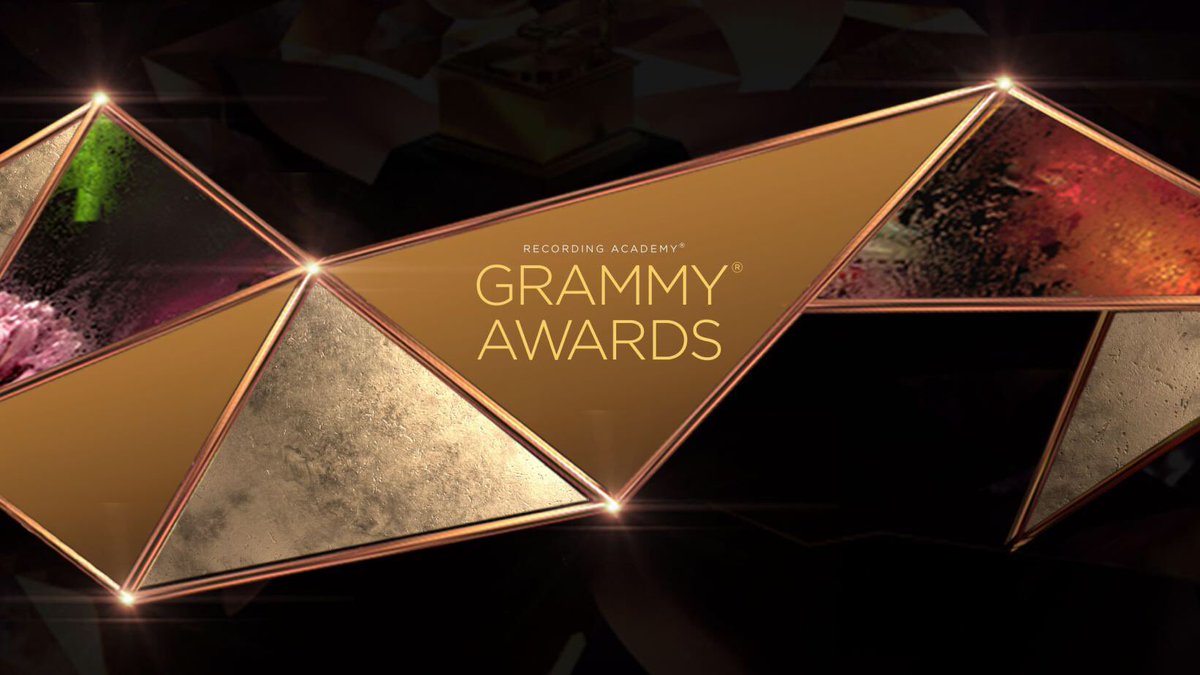The Grammy Awards continue to make changes for eligibility and promotion.
Suddenly, the press gets a bigger role in Grammy campaigns as fellow artists and publicists are no longer able to make pushes for other artists. In other words, Recording Academy members can no longer send out endorsements to fellow members for their nominated friends.
According to the new rules, for 2023: “Academy members or their designated publicists are now restricted to FYC emails, social media posts and physical mailings that promote only their own recordings, prohibiting lobbying on behalf of other members.”
That’s kind of interesting to me because unlike the Oscars, the Grammys have always depended on “insider” endorsements. The Oscars depend on the entertainment press writing about movie nominees.
The other big change is in Album of the Year, the big kahuna. “To be eligible for GRAMMY Award consideration, an album must contain greater than 75 percent playing time of newly recorded (within five years of the release date), previously unreleased recordings*. The current eligibility rule is 50 percent. (Note: Best Compilation Soundtrack, Best Historical Album, Best Immersive Audio Album, Best Recording Package, Best Special Package, and Best Album Notes accept albums of recordings that are not newly recorded.)”
So you can’t have old stuff that’s been lying around or repurposed for Album of the Year. That certainly makes sense.
Also: “Moving forward, all credited artists (including featured artists), songwriters of new material, producers, recording engineers, mixers, and mastering engineers are eligible to be GRAMMY nominees and recipients in the Album Of The Year category. Previously, the rule stated that all artists, songwriters, producers, recording engineers, mixers, and mastering engineers were required to be credited with at least 33 percent or more of playing time.”
I think this change is to reflect how committees and large groups of people now make pop albums. In the old days you had one or maybe two producers and engineers credited to albums. “Produced by Richard Perry” or “Produced by Phil Ramone” or George Martin, Arif Mardin, Nile Rodgers, that was a big deal. But now to cover up the sheer mediocrity and sameness of all the pop stars, teams are employed. Why shouldn’t they all get Grammys if the project wins? If you were in the room when it happened, you get an award.
But at the same time, the Grammys are putting limits on the Visual Media field. “Clearer limits to the number of participants who can be awarded in the Best Compilation Soundtrack For Visual Media category have been set.” They can be read at www.grammys,com.
So these new rules — there are more on the website — plus the ending of Secret Committees — should make more transparency and inclusion. New permanent Recording Academy chief Harvey Mason, Jr. is certainly working on much needed reforms. They’re all steps in the right direction.

